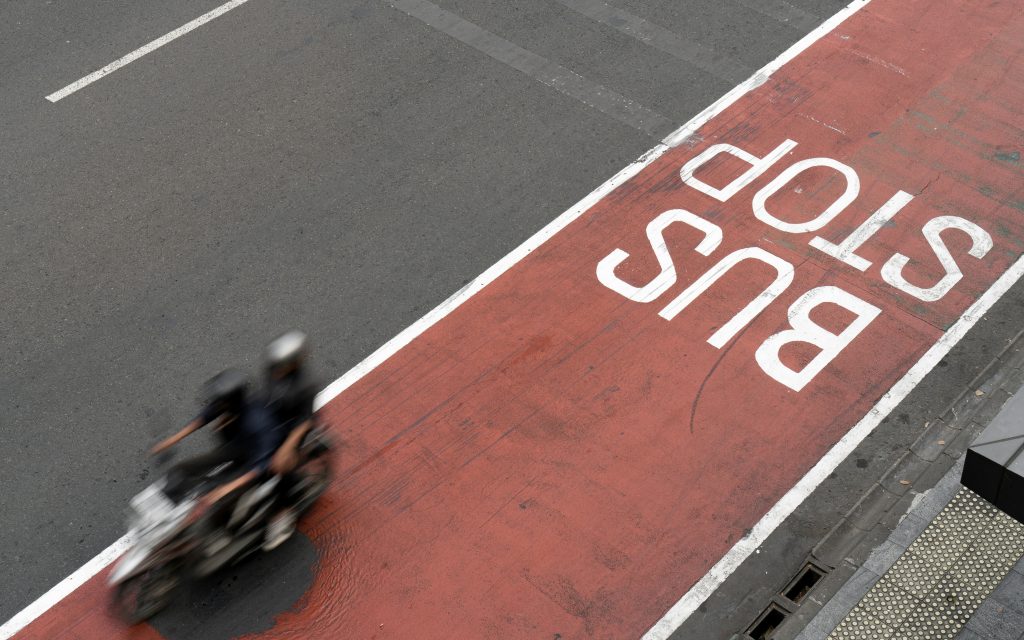Exploring the Impact of Fare Evasion and New Initiatives in Public Transit
In a significant move to support students and enhance public transportation accessibility, Lebanon Transit has introduced student fare cards that provide a discounted rate for bus rides. This initiative aims to encourage more students to use public transit for various purposes, alleviating financial burdens and promoting sustainable commuting methods.
However, the issue of fare evasion persists as a major challenge in urban transit systems, particularly in cities like New York. Recent reports reveal that nearly half of the bus riders in New York, approximately one million individuals, are evading fare payments each weekday. This trend raises concerns for the Metropolitan Transportation Authority (MTA), which relies heavily on fare revenue to maintain and improve transit services.
The MTA is responding to this crisis by ramping up enforcement on routes identified as 'egregious' fare evasion hotspots. Law enforcement agencies, including the NYPD and MTA enforcement agents, are increasing their presence on these routes to deter fare dodging and ensure that all riders contribute to the system's operational costs. Despite these efforts, recent statistics indicate that about 50% of all public bus riders in the city did not pay their fares during the first quarter of 2024, a trend that has raised alarms among transit officials.
The implications of fare evasion extend beyond lost revenue; they impact the overall quality and reliability of public transit. The MTA's ongoing struggles to secure fare payments are exacerbated by the financial strain on public transportation systems, which are essential for the daily commute of millions of residents. Without adequate funding, essential services may be compromised, leading to reduced bus frequencies and potential service cuts in the future.
Meanwhile, cities like Casper, Wyoming, are proactively addressing fare structures to enhance public transit appeal. The Casper City Council has given preliminary approval to new fare systems for its fixed-route LINK services, aiming to create a more equitable and sustainable transportation model. Such initiatives reflect a growing recognition of the need to adapt fare structures to meet the needs of diverse riders while ensuring the financial viability of transit operations.
As public transportation systems evolve, it is crucial to find a balance between accessibility and revenue generation. Low-income riders, including students who benefit from initiatives like Lebanon's discounted fare cards, often rely on public transit as their primary means of transportation. Therefore, addressing fare evasion must not only focus on enforcement but also on understanding the underlying reasons why individuals might choose not to pay.
Public transit agencies are encouraged to explore innovative solutions, such as mobile payment options, fare capping, and community engagement initiatives, to foster a culture of fare compliance. By creating an inclusive environment where all riders feel valued and respected, transit authorities can enhance the overall experience of public transportation.
In conclusion, while initiatives like Lebanon Transit's student fare cards signal progress in making public transit more accessible, the persistent issue of fare evasion in larger cities underscores the need for comprehensive strategies that prioritize both enforcement and community engagement. As cities continue to innovate their public transportation systems, they must strive to ensure that these services remain equitable, efficient, and sustainable for all riders.











